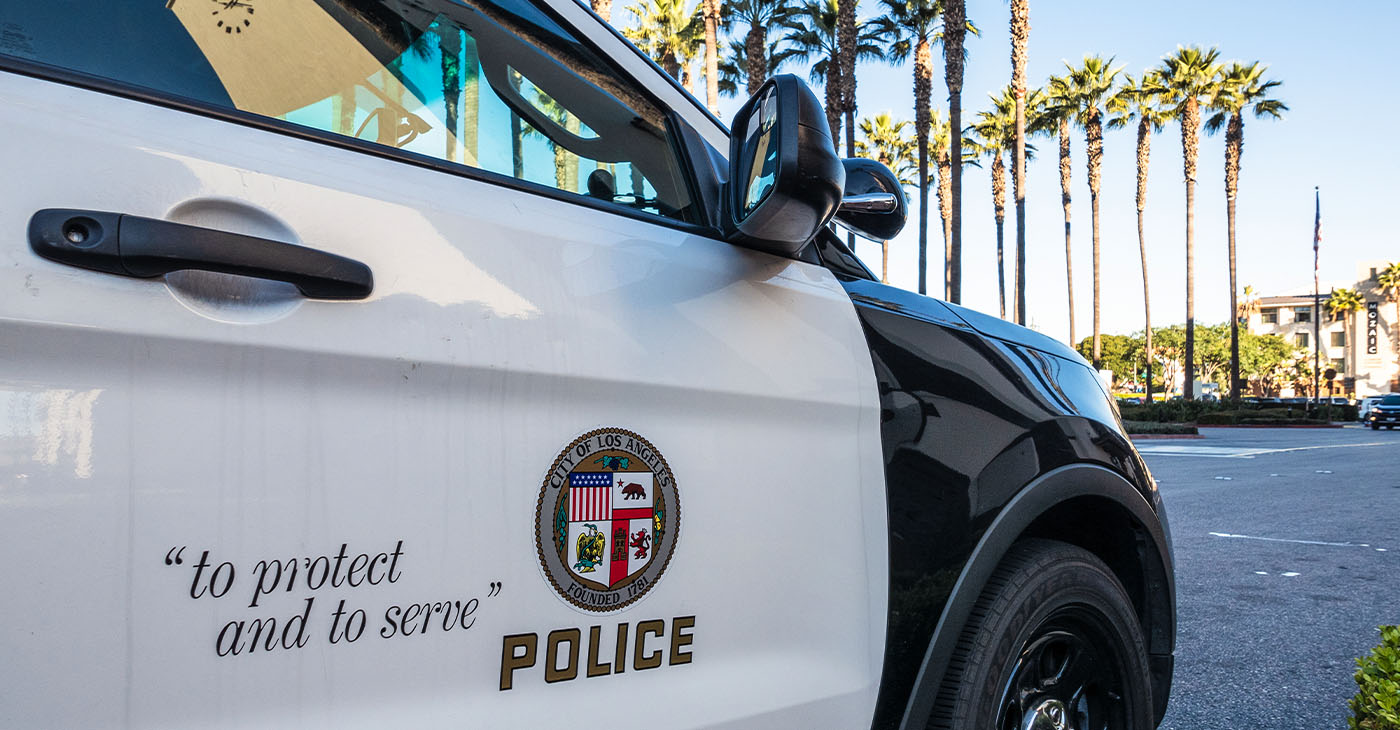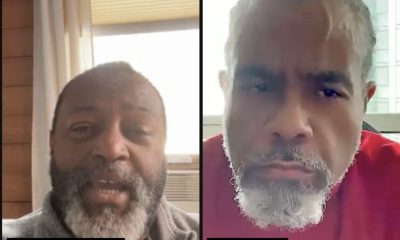By Stacy M. Brown | NNPA Newswire
A new report has revealed that California law enforcement officers searched, detained on the curb or in a patrol car, handcuffed, and removed from vehicles more individuals perceived as Black than individuals perceived as white, even though they stopped more than double the number of individuals perceived as white than individuals perceived as Black.
California’s Racial and Identity Profiling Advisory Board’s report gathered information from 18 law enforcement agencies.
The data revealed that officers stopped 2.9 million individuals in 2020. Most were African Americans and members of the LGBTQ community.
The agency said that the data included what officers “perceived” to be the race, ethnicity, gender, and disability status of people they stopped, even if the perception was different from how the person identified.
According to the data, authorities search African Americans 2.4 times more than whites and disproportionately more than other racial and ethnic groups.
It also found that individuals officers perceived as transgender women were 2.5 times more likely to be searched than women who appeared cisgender.
Data for the report came from the state’s most important law enforcement agencies, like the California Highway Patrol.
However, the highway patrol didn’t include data analyzing stops based on gender identity.
All agencies must report the data in 2023.
“The data in this report will be used by our profession to evaluate our practices as we continue to strive for police services that are aligned with our communities’ expectations of service,” Chief David Swing, co-chair of the Board and past president of the California Police Chiefs Association, said in a statement.
The report further showed that Black and Hispanic individuals were more likely to have force used against them compared to white individuals, while Asian and other individuals were less likely.
Specifically, the odds of having force used during a stop were 1.32 times and 1.16 times as high for Black and Hispanic individuals, respectively.
Asian and other individuals whom officers stopped had lower odds of having force used against them (0.80 and 0.82, respectively) relative to the odds for those perceived as white.
Search discovery rate analyses showed that, when officers searched individuals, all races, or ethnic groups of color, except for Asian and Middle Eastern/South Asian individuals, had higher search rates despite having lower rates of discovering contraband than individuals perceived as white.
Furthermore, a search and discovery rate analysis show that officers searched people perceived to have a mental health disability 4.8 times more often and people perceived to have other types of disabilities 2.7 times more often than people perceived to have no disability.
Still, they discovered contraband or evidence at a lower rate during stops and searches of people with disabilities.
Officers used force against individuals perceived to have mental health disabilities at 5.2 times the rate at which they used force against individuals they perceived to have no disabilities.
The data show that Black and Hispanic/Latinx individuals are asked for consent to search at higher rates than white individuals.
Officers searched Black, Hispanic/Latinx, and multiracial individuals at higher rates for consent-only searches than all other racial/ethnic groups.
These consent-only searches resulted in lower rates of discovery of contraband (8.5%, 11.3%, and 13.0%, respectively) than searches of all other racial and ethnic groups.
The reason for the stop was a traffic violation in more than half of the stops where officers conducted a consent-only search (consent being the only reason for the search) of Black, Hispanic/Latinx, and Middle Eastern/South Asian individuals.
On the other hand, less than 30% of the consent-only searches of white people happened during traffic stops.
The people who wrote the report said that searches based on consent alone lead to fewer discoveries than searches based on reasonable suspicion or probable cause.
With consent-only searches, the rate of finding something was 9.2 percentage points lower for Black people than for white people.
“Given the disparities in the data on consent searches, the board questions whether consent searches are truly voluntary,” the authors wrote.
While the data show that most people consent to a search when asked by an officer, research from the report reflects that this “consent” is not necessarily voluntary because of the inherent power inequality between a law enforcement officer and a member of the public.
The research shows that this natural power imbalance is evident in vulnerable groups, such as people with mental health problems or young people, who may be more likely to give in to authority.
“Indeed,” the authors wrote, “RIPA data reflects that for both people with mental health disabilities and youth, a larger proportion of their stops that began as consensual encounters resulted in searches, as compared to people without mental health disabilities or adults.”
Board members said they carefully looked at the data about people who were stopped and searched because of their status as people under supervision.
The Board’s analyses reveal significant disparities that warrant further examination of law enforcement practices.
For example, officers performed supervision-only searches – where supervision status is the only basis for the search – of individuals perceived as Black at 2.8 times the rate at which they performed supervision-only searches of individuals they perceived as white.
Similarly, officers also performed supervision plus searches – where the officer had some other basis to search the person – of Black individuals at 3.3 times the rate they performed supervision plus searches of white individuals.
The rates of discovering contraband for supervision-only searches were lower for all racial/ethnic groups than white individuals; Black individuals had the most considerable difference in their discovery rate (-11.4 percentage points) compared to whites.
Officers also reported a higher proportion of supervision-only searches during stops for traffic violations (46.9%) than during reasonable suspicion stops (24.6%).
“These were just a few of the many disparities discussed in the report,” board members noted.
“Given the large disparities observed, the Board reviewed efforts by various law enforcement agencies to limit inquiries into supervision status as well as stops and searches on the basis of supervision status.
“The RIPA data further indicates that the practice of conducting supervision-only searches shows racial disparities that result in low yield rates of contraband or evidence.”



 Activism4 weeks ago
Activism4 weeks ago
 Activism4 weeks ago
Activism4 weeks ago
 Alameda County4 weeks ago
Alameda County4 weeks ago
 Activism4 weeks ago
Activism4 weeks ago
 Alameda County4 weeks ago
Alameda County4 weeks ago
 Activism4 weeks ago
Activism4 weeks ago
 Activism4 weeks ago
Activism4 weeks ago
 Activism3 weeks ago
Activism3 weeks ago

















































